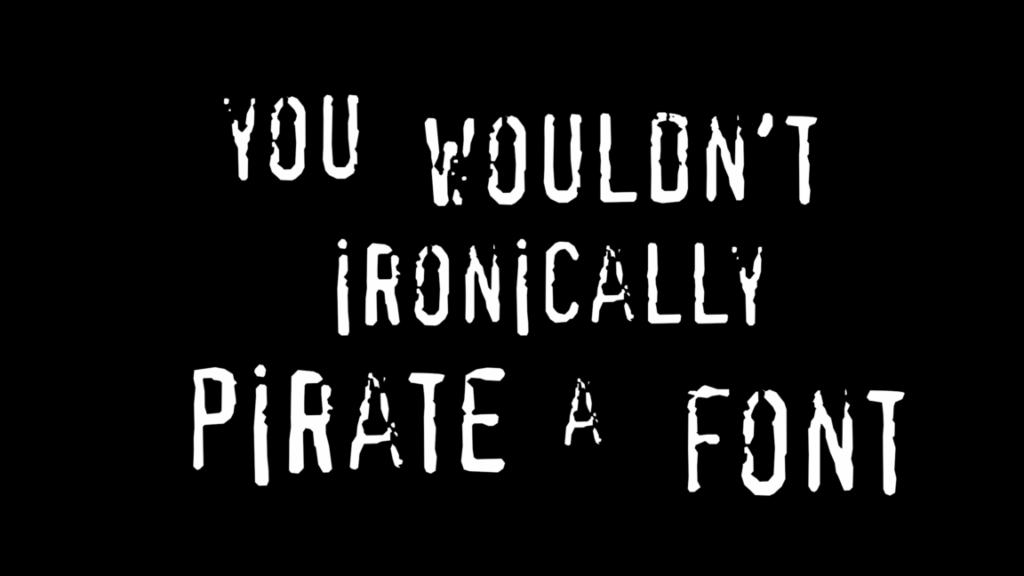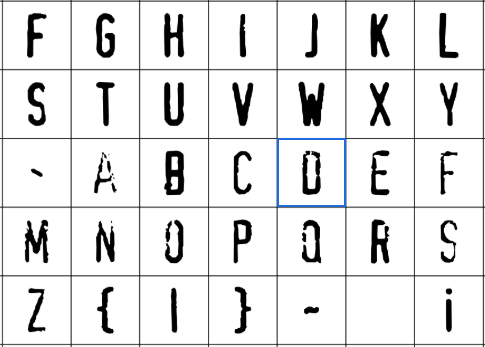Man who stole 1,000 DVDs from employer strikes plea deal over movie leaks
An accused movie pirate who stole more than 1,000 Blu-ray discs and DVDs while working for a DVD manufacturing company struck a plea deal this week to lower his sentence after the FBI claimed the man’s piracy cost movie studios millions.
Steven Hale no longer works for the DVD company. He was arrested in March, accused of “bypassing encryption that prevents unauthorized copying” and ripping pre-release copies of movies he could only access because his former employer was used by major movie studios. As alleged by the feds, his game was beating studios to releases to achieve the greatest possible financial gains from online leaks.
Among the popular movies that Hale is believed to have leaked between 2021 and 2022 was Spider-Man: No Way Home, which the FBI alleged was copied “tens of millions of times” at an estimated loss of “tens of millions of dollars” for just one studio on one movie. Other movies Hale ripped included animated hits like Encanto and Sing 2, as well as anticipated sequels like The Matrix: Resurrections and Venom: Let There Be Carnage.
The cops first caught wind of Hale’s scheme in March 2022. They seized about 1,160 Blu-rays and DVDs in what TorrentFreak noted were the days just “after the Spider-Man movie leaked online.” It’s unclear why it took close to three years before Hale’s arrest, but TorrentFreak suggested that Hale’s case is perhaps part of a bigger investigation into the Spider-Man leaks.
Man who stole 1,000 DVDs from employer strikes plea deal over movie leaks Read More »



